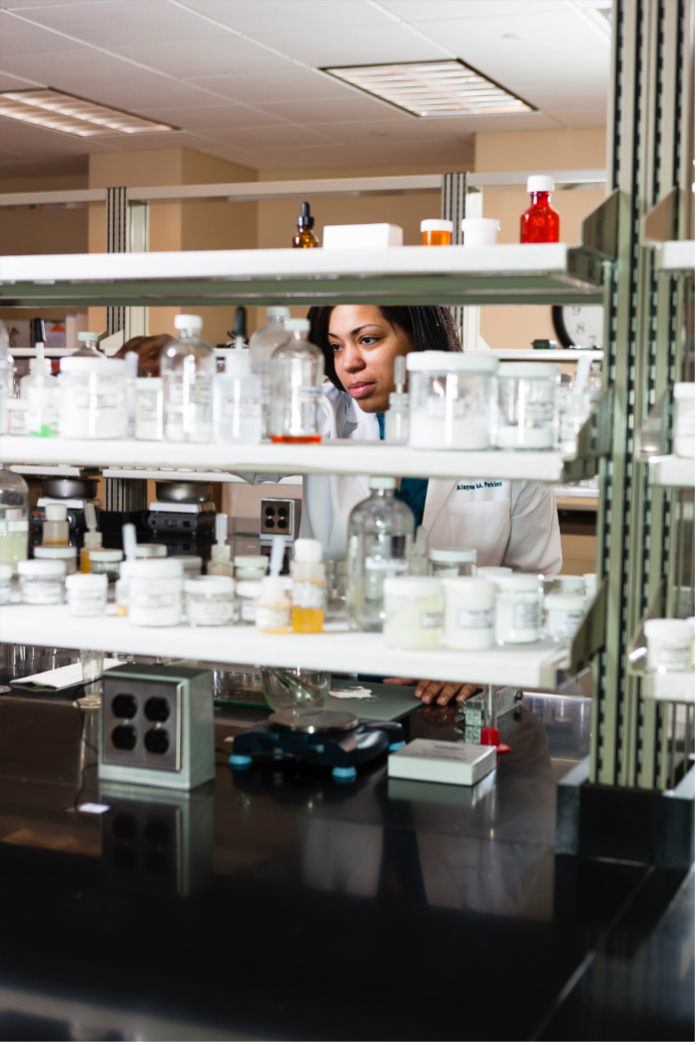Pharmacy career paths offer strong growth potential. This growth reflects the increasing demand for pharmacists in hospital and clinical settings, where they perform essential tasks like adherence monitoring, keeping doctors updated on medications, patient counseling and administering immunizations.
Different Types of Pharmacy Jobs
The pharmacy field provides a wide range of career opportunities across diverse settings. With a Pharm.D. from Xavier University College of Pharmacy, you can explore many different types of pharmacy jobs.
Here are just a few examples of positions that will be in demand as the pharmacy job outlook increases..
Hospital Pharmacist
Hospital pharmacists work inside medical facilities to prepare medications for and dispense medications directly to patients. They also act as onsite advisors for doctors, nurses, patients and families about medications. These types of pharmacy jobs also include responsibilities like:
- Determining appropriate forms of medication
- Monitoring drug charts and creating drug plans
- Educating patients about side effects
- Maintaining medication inventory
Nuclear Pharmacist
Along the pharmacy career path, there are many specialty types of pharmacy to consider. One of the most popular is nuclear pharmacy.
Pharmacists in these roles work with radioactive drugs to ensure safe storage and administration. They work in hospital and clinical settings, as well as in commercial settings such as private labs.
Instead of dispensing to patients, they often dispense medication to hospitals or specific departments so clinicians can administer it.
While they fulfill many of the same roles as traditional hospital pharmacists, nuclear pharmacists also:
- Package, label and transport radiopharmaceuticals.
- Ensure that patients are properly prepared for radiopharmaceutical administration.
Pharmacy Administrator
Careers in pharmacy administration combine the medical and business aspects of working in a pharmacy setting.
In addition to traditional pharmacy roles, pharmacy administrators manage pharmacy operations and management. This can include supervision of things like:
- Budgets and finances
- Customer service
- Human resources
- Marketing activities
- Pharmacy staff
- Records
They also act as liaisons among healthcare executives, other pharmacists, and doctors.


